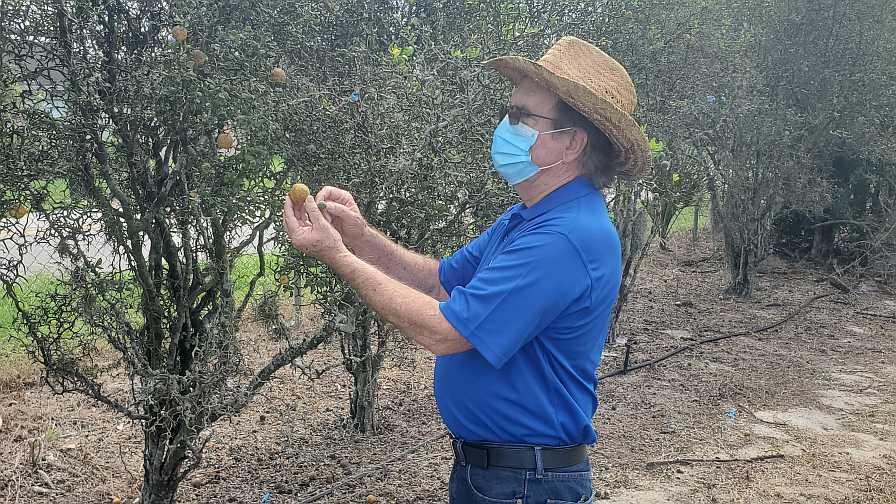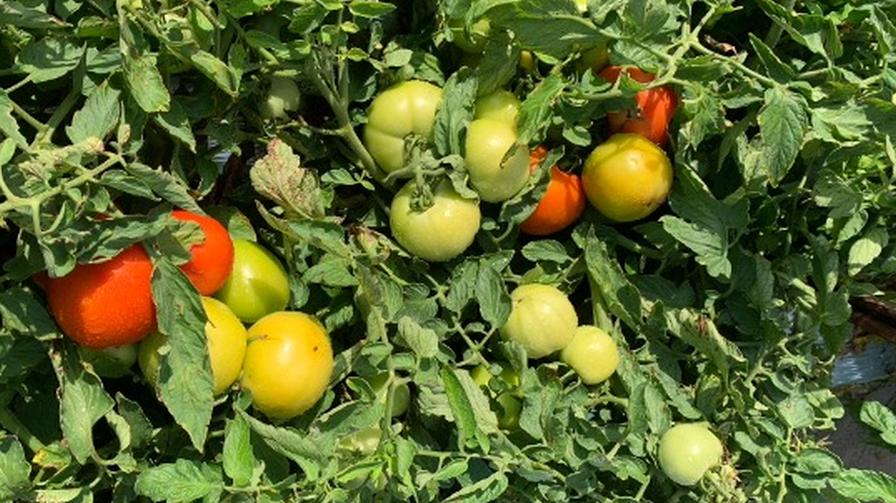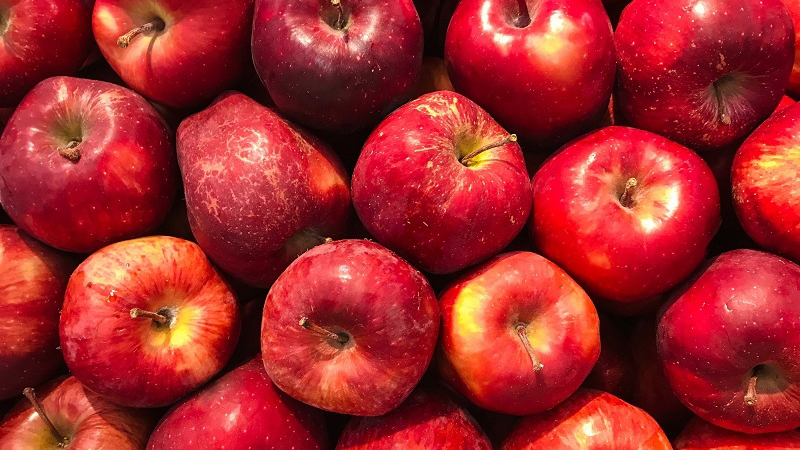Was the Secret to Save Citrus Trees Just Unlocked?

Dr. Fred Gmitter is seen at a research farm at the UF/IFAS Citrus Research and Education Center in Lake Alfred, FL. He’s looking over a ‘Flying Dragon’ trifoliate orange. As a rootstock, it behaves a bit differently from other trifoliate oranges because it results in dwarfed trees.
Photo by Brad Buck, UF/IFAS
Has modern science finally caught up with citrus greening scourge (aka, HLB)? Apparently, University of Florida scientists have taken a giant step in their quest to develop a citrus greening-resistant tree by sequencing the genome of a fruit plant that’s a close cousin to citrus trees.
According to UF/IFAS researchers, you’d need to print 54,000 pages of paper to see the complete genome sequence. But within the reams of paper, scientists believe they’ve found genes to lay the groundwork to make citrus more tolerant and even resistant to certain diseases, including citrus greening.
UF/IFAS researchers sequenced the genome from trifoliate orange, in collaboration with scientists from the University of California at Berkeley, the U.S. Department of Energy’s Joint Genome Institute, and UF’s Interdisciplinary Center for Biotechnology Research.
The project was funded by two grants from the Citrus Research and Development Foundation and a grant from the USDA/NIFA Citrus Disease Research and Extension program.
The new genome would help those who breed new citrus trees that will survive invasive pests, viruses, changing climates, and more, says UF/IFAS researcher Zhanao Deng, a senior author on the study.
“Very importantly, trifoliate orange and its hybrids have genes that can confer high tolerance to citrus greening and resistance to the Asian citrus psyllid, the insect that transmits greening to citrus,” he said. “This genome can be used as a reference template to sequence widely used trifoliate orange hybrid rootstock varieties.”
Trifoliate orange and its hybrids were used as the rootstock for more than three million citrus trees in Florida alone in 2018-2019, accounting for 82% of the top 20 rootstocks used, UF/IFAS confirms.
“Our trifoliate orange genome will allow scientists to develop new tools that can more speedily transfer beneficial genes into sweet oranges, grapefruit, and breeding of new scion cultivars, which grow above the ground,” Deng said. “Re-sequencing will enable development of new breeding tools, such as DNA marker-based selection, genomic selection of new rootstock varieties with resistance and tolerance to citrus greening, citrus tristeza virus, and citrus nematodes. The new varieties might give higher yield and fruit quality.”









